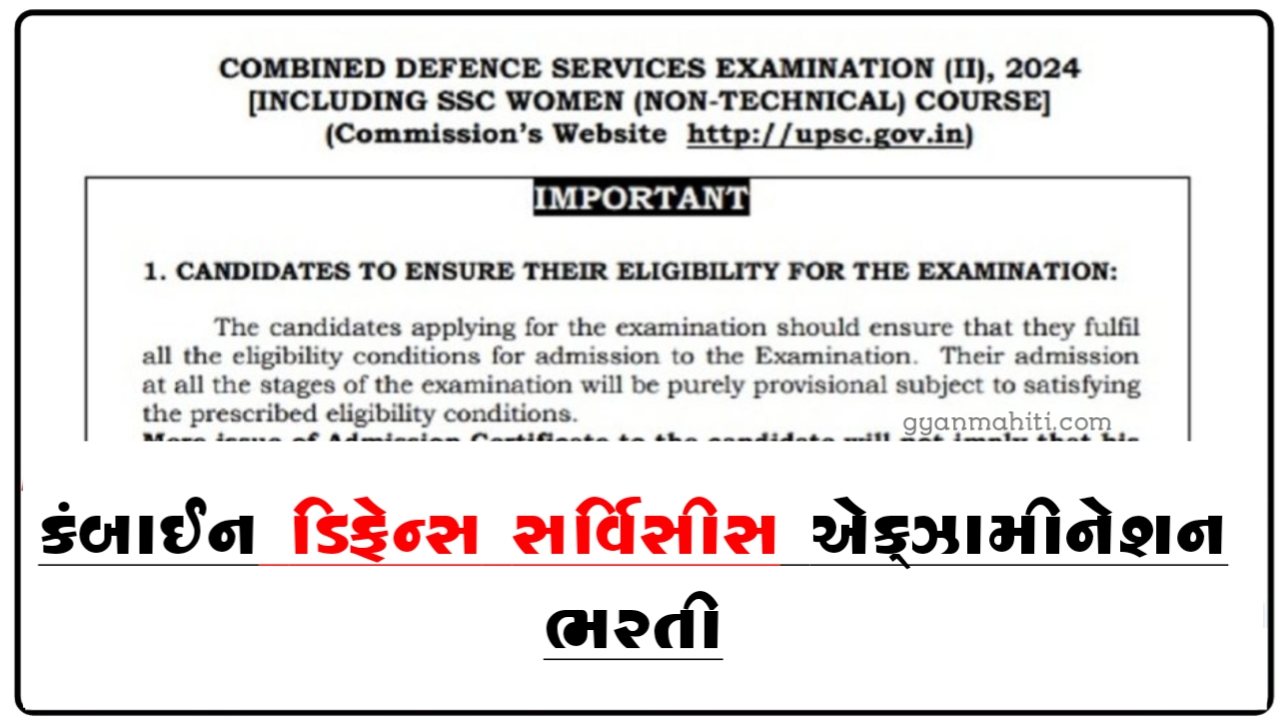Welcome, entrepreneurs and small business owners! Today, we’re diving into the world of business insurance solutions tailored just for you. Whether you’re just starting out or you’ve been in the game for a while, understanding your insurance needs is crucial for safeguarding your hard work and investments. From small business insurance quotes to commercial insurance coverage and liability insurance for startups, we’ve got you covered with all the essential information you need to make informed decisions.

Why Business Insurance Matters
Before we delve into the specifics, let’s talk about why business insurance is so important for entrepreneurs like yourself. Running a business comes with inherent risks, and while you may do everything in your power to mitigate them, accidents and unexpected events can still occur. Business insurance provides a safety net, helping you protect your assets, employees, and livelihood in the face of unforeseen circumstances. Here’s why it matters:
- Asset Protection: Your business assets, including equipment, inventory, and property, are valuable investments. Insurance helps protect these assets from damage, theft, or loss.
- Legal Protection: In today’s litigious society, lawsuits can arise from various sources, including customers, employees, or even competitors. Liability insurance shields your business from legal expenses and potential damages resulting from lawsuits.
- Peace of Mind: Knowing that you have insurance coverage in place can give you peace of mind, allowing you to focus on growing your business without constantly worrying about what could go wrong.
Now that we understand the importance of business insurance, let’s explore the different types of coverage available to entrepreneurs.
Types of Business Insurance Coverage
1. General Liability Insurance
General liability insurance is a foundational coverage that protects your business against common risks, such as bodily injury, property damage, and advertising injury claims. It provides financial protection if your business is sued for negligence or other covered claims.
Apply Online : Now
Official Notification : View
Key Features:
- Coverage for third-party bodily injury and property damage claims.
- Protection against advertising injury claims, including defamation and copyright infringement.
- Legal defense costs, including attorney fees and court expenses.
2. Property Insurance
Property insurance covers your business property, including buildings, equipment, and inventory, against damage or loss caused by covered perils such as fire, theft, vandalism, and natural disasters.
Key Features:
- Coverage for buildings, equipment, furniture, and other physical assets.
- Protection against a wide range of perils, including fire, theft, and severe weather events.
- Business interruption coverage to compensate for lost income if your operations are interrupted due to a covered event.
3. Professional Liability Insurance
Also known as errors and omissions (E&O) insurance, professional liability insurance protects businesses that provide professional services or advice from claims of negligence, errors, or omissions.
Key Features:
- Coverage for claims related to professional negligence or failure to perform services as promised.
- Legal defense costs, settlements, and judgments arising from covered claims.
- Protection against financial losses resulting from professional mistakes or inadequate work.
4. Workers’ Compensation Insurance
Workers’ compensation insurance provides benefits to employees who suffer work-related injuries or illnesses. It covers medical expenses, lost wages, and rehabilitation costs, while also protecting employers from lawsuits filed by injured employees.
Key Features:
- Coverage for medical expenses, including hospital bills and rehabilitation costs.
- Replacement of lost wages during the recovery period.
- Protection against lawsuits filed by injured employees seeking compensation for damages.
5. Cyber Liability Insurance
In today’s digital age, cyber threats pose a significant risk to businesses of all sizes. Cyber liability insurance helps protect your business against the financial consequences of data breaches, cyberattacks, and other cyber incidents.
Finding the Right Insurance Solutions
Now that you’re familiar with the various types of business insurance coverage, how do you go about finding the right solutions for your entrepreneurial venture? Here are some steps to guide you through the process:
- Assess Your Risks: Identify the potential risks and exposures specific to your business. Consider factors such as your industry, the size of your operation, and the nature of your products or services.
- Research Providers: Shop around and compare quotes from multiple insurance providers to find the best coverage options at competitive rates. Look for insurers with experience serving small businesses and a track record of reliability.
- Customize Your Coverage: Work with an insurance agent or broker to tailor your coverage to suit your unique needs. Don’t settle for one-size-fits-all solutions; instead, customize your policy to address the specific risks facing your business.
- Review Regularly: Your insurance needs may evolve as your business grows and changes. Regularly review your coverage and make adjustments as necessary to ensure adequate protection.
Small Business Insurance Quotes
Getting quotes for small business insurance is an essential step in the insurance buying process. Here are a few tips to help you obtain accurate quotes and make informed decisions:
Provide Accurate Information: Be honest and thorough when providing information about your business to insurance providers. Inaccurate or incomplete information could result in quotes that don’t reflect your actual needs.
Compare Quotes: Don’t settle for the first quote you receive. Take the time to compare quotes from multiple insurers to ensure you’re getting the best value for your money.
Consider Coverage Limits: While it may be tempting to opt for the cheapest policy, make sure the coverage limits are sufficient to protect your business adequately. A lower premium may mean less coverage in the event of a claim.
- Ask Questions: If you’re unsure about any aspect of the coverage or the quoting process, don’t hesitate to ask questions. A reputable insurance provider will be happy to clarify any concerns you may have.
- Product Liability: If your startup manufactures or sells products, product liability insurance can protect you from claims related to defective products that cause harm to consumers.
- Professional Liability: Startups offering professional services, such as consulting or software development, should consider professional liability insurance to safeguard against claims of negligence or errors in their work.
- Cyber Liability: With startups increasingly reliant on technology and digital assets, cyber liability insurance is essential for protecting against the financial fallout of data breaches, cyberattacks, and other cyber incidents.
Commercial Insurance Coverage for Home-Based Businesses
Many entrepreneurs operate their businesses from home, but that doesn’t mean they’re exempt from insurance needs. Here’s what home-based business owners should consider:
- Homeowners Insurance Riders: Homeowners insurance may not cover business-related liabilities or property damage. Consider adding a rider to your policy or purchasing a separate business insurance policy to fill the gaps.
- Business Interruption Coverage: If your home-based business experiences a covered loss, such as a fire or natural disaster, business interruption coverage can help replace lost income and cover ongoing expenses while you get back on your feet.
- Liability Protection: Even home-based businesses can face liability risks, such as slip-and-fall accidents or product-related injuries. Liability insurance provides essential protection against these risks, allowing you to focus on running your business with confidence



